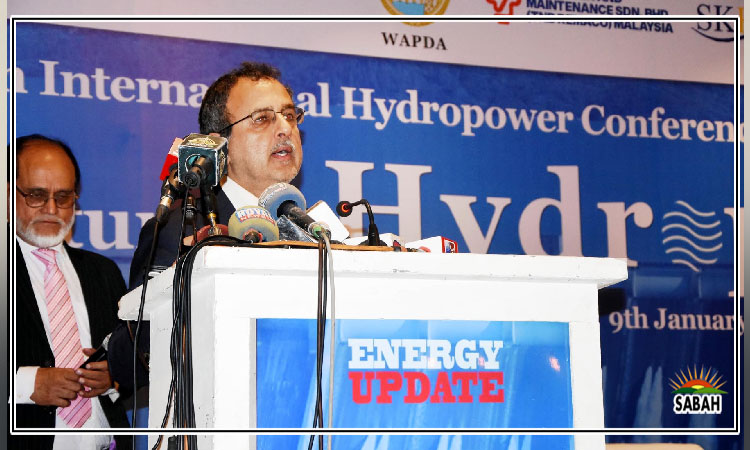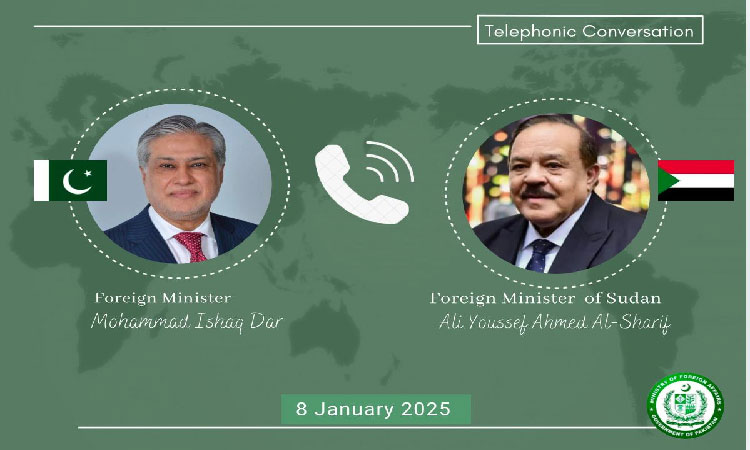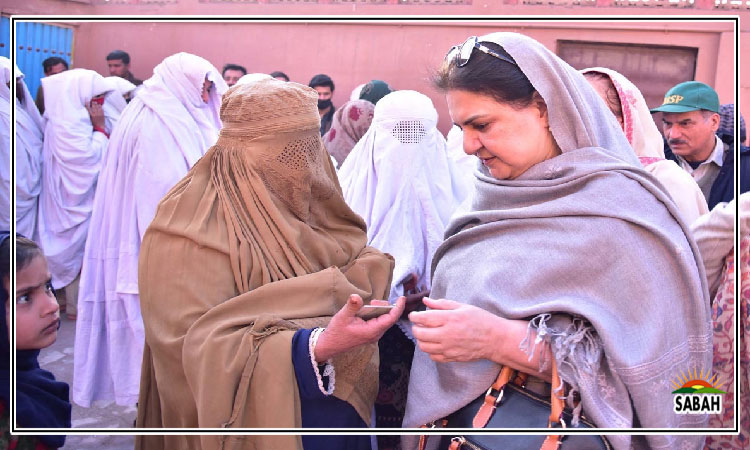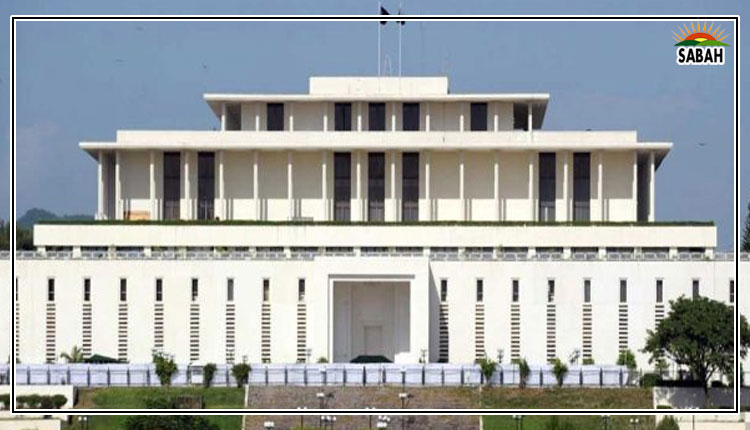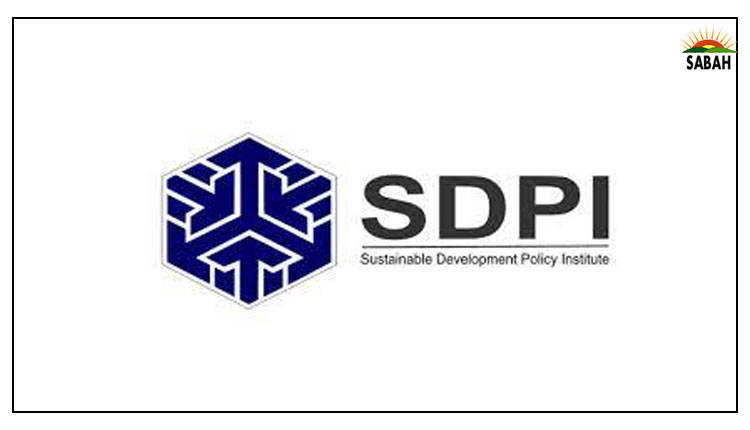Experts for urgency of climate action amid embracing 3P Approach for Climate Resilience
ISLAMABAD, Dec 08 (SABAH): The experts at a panel discussion on private sector’s role in climate resilience while embracing the 3P Approach on Private Sector’s Role in Balancing People, Planet, and Profits for Climate Resilience have agreed on the urgency of climate action. They called for continued collaboration and innovation to meet sustainable development challenges, both in Pakistan and globally.
The Sustainable Development Policy Institute (SDPI) in collaboration with German Development Cooperation (GIZ) conducted a panel discussion titled “Harnessing the Private Sector’s Role in Climate Resilient Development”.
The event underscored the critical role of industries in shaping a sustainable future, especially in the light of Pakistan’s National Determined Contributions (NDCs) under the Paris Agreement.
Dr. Vaqar Ahmed, Joint Executive Director, Sustainable Development Policy Institute, Islamabad, Pakistan, expressed gratitude for the collaborative efforts of GIZ and the private sector in his opening remarks. He outlined SDPI’s role in research and advocacy with the federation and private partners over the years. He said that private sector leadership is crucial in advancing climate action to protect jobs and ensure sustainability. Recent smog-related disruptions highlight this urgency. When we talk here about climate resilience, we need to be inclusive of agriculture and industry.
Ms Sobiah Becker, Adviser, Pak-German Climate & Energy Partnership, German Development Cooperation, Islamabad, emphasized the importance of the 3P framework (People, Planet, Profits). She highlighted the looming increase in industrial greenhouse gas emissions in Pakistan, which is projected to rise by 300% by 2030. She pointed out the direct impact of these emissions on industrial risks, supply chain security, and consumer markets increasingly demanding eco-friendly products.
Florian Karner, Senior Policy Officer (Central Asia, Afghanistan and Pakistan), Federal Ministry for Economic Cooperation & Development (Germany) spoke about his country’s commitment to reducing greenhouse gas emissions by 65% by 2030 and achieving net zero by 2045. Given the limitations of public budgets, he stressed the indispensable role of the private sector in meeting these ambitious goals. He further said that the strategies employed by the German government, including industrial decarbonisation and investments in sustainable technologies, set a precedent for industries worldwide.
Dr. Khalid Waleed, Research Fellow, Sustainable Development Policy Institute, Islamabad, Pakistan, discussed carbon market mechanisms in Pakistan and emphasised the need for a holistic approach incorporating the 4Es: economy, energy, environment and equitable development. He pointed out the importance of understanding the multifaceted nature of carbon credits and the need for coordination between government and private sectors to implement carbon market strategies effectively.
Ms Nazish Shekha, Head of Initiative, Centre of Excellence in Responsible Business (CERB), Pakistan Business Council, representing the Pakistan Business Council, addressed the challenges Pakistani businesses face in transitioning to sustainable models. She emphasised the need for information, data, and investment in climate-friendly technologies. Stressing the significance of understanding product impacts, she urged businesses to map their transition plans towards net-zero emissions.
Ms Kehkeshan Usman, Sustainability Manager, Mahmood Group, shared their journey towards climate resilience, underscoring the importance of sustainability initiatives and community involvement. She highlighted their comprehensive approach, from carbon footprint calculation to implementing circularity in the supply chain.
Gregor Stocker-Thamri, Communications Specialist, Deutsche Gesellschaft für Internationale Zusammenarbeit (GIZ) GmbH, while moderating the session, said that today, on World International Children’s Day, there’s no better time to discuss climate change and provide the young generation with the future prospects. Discussing climate change’s impact on resources, operations, and profitability of Pakistani industries, he urged businesses to prioritize climate resilience and demonstrate their climate credentials to customers.





